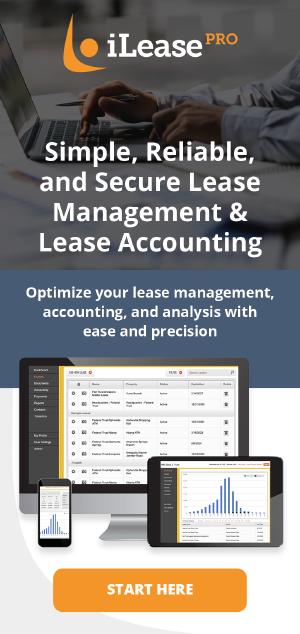How the New Lease Accounting Standard is Changing Record-Keeping
The implementation of the new lease accounting standard, ASC 842, represents a pivotal moment in the world of finance
and accounting. While its primary objective is to enhance transparency and comparability in financial reporting, one
aspect that demands attention is how record-keeping practices will evolve under this comprehensive standard.
1.
Enhanced Visibility: One of the most significant shifts in record-keeping will be the heightened visibility of lease
obligations. Previously, many lease agreements, particularly operating leases, were often kept off the balance sheet.
Under ASC 842, almost all leases will now be recorded, bringing these obligations front and center on the balance sheet.
This evolution in record keeping will provide stakeholders with a clearer picture of a company's financial
health.
2. Streamlined Processes: ASC 842 emphasizes a structured approach to lease accounting, with specific
requirements for data capture, classification, and measurement. This standardization will necessitate more organized and
meticulous record-keeping practices. Companies will need to maintain comprehensive records of lease contracts, payments,
and related financial information.
3. Greater Accountability: With the implementation of ASC 842, companies will
be held to more rigorous accounting standards. Record keeping will need to adhere to the specific requirements of the
standard, ensuring that all lease details are accurately captured, including lease terms, options, and variable lease
payments. This greater level of accountability will necessitate robust record-keeping systems.
4. Advanced
Technology Solutions: As lease accounting becomes more complex and standardized, many organizations will turn to
advanced lease management software like iLeasePro to facilitate record keeping. These solutions offer automation, data
centralization, and compliance features that streamline record-keeping processes.
5. Continuous Monitoring: Under
ASC 842, lease accounting isn't a one-time event; it's an ongoing process. Record keeping will involve continuous
monitoring and reassessment of lease terms, which is crucial for accurately reflecting lease obligations in financial
statements.
In conclusion, the new lease accounting standard is ushering in a new era of record keeping,
characterized by increased transparency, standardization, and accountability. Businesses should prepare for these
changes by investing in robust record-keeping practices and, when necessary, leveraging technology solutions to navigate
the evolving landscape of lease accounting successfully.



